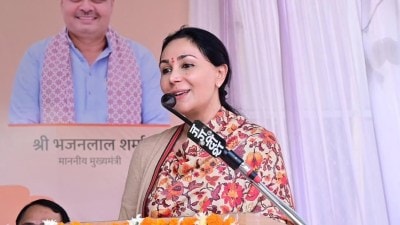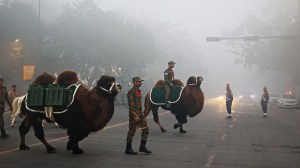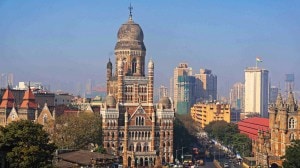Turkish nightmares
Istanbul has once again been firmly placed at the crossroads. In carrying through a second round of attacks, terrorists have given ample not...

Istanbul has once again been firmly placed at the crossroads. In carrying through a second round of attacks, terrorists have given ample notice of their capacity to strike at will, when and where they so resolve. Just days after targeting two synagogues in the city, they chose to zero in on two western symbols, a British consulate and an international bank. Certainly, the attacks, most probably by the Al-Qaeda and a fraternal organisation, are aimed at extending the terrain of the America-led war against terror. Equally, however, developments in Istanbul seem aimed at challenging Turkey8217;s vision of its place in the world. They are clearly driven by a desire to shake the pillars of its unique syncretism.
Ever since Kemal Ataturk oversaw the country8217;s passage to modernity, its leaders have constantly wrestled to meld different strands in domestic identity and foreign policy. Through Ataturk8217;s summary rejection of tradition to the recent upsurge of political Islam, for instance, Turkey has consistently abided by a tolerance of different faiths and ideologies. It has manifested itself in many ways 8212; for instance, in its current prime minister, Recep Tayyip Erdogan8217;s disavowal of old Islamist rhetoric for a more moderate moniker for himself, Muslim Democrat. The attack on synagogues threatens cultural co-existence in this meeting place between East and West, it is bound to put Turkey8217;s minorities on edge, and it is intended to rock its strategic and defence ties with Israel. Similarly, attacks on British interests in the second round of explosions signify impatience with Turkey8217;s membership of NATO as well as its intent to forge economic relations in the European Union.
In other words, the attacks seek to spur Turkey into making choices it has always tried to banish 8212; between political Islam and secular democracy, between Western and West Asian alliances. Many of these tensions came to the surface since the run-up to the war in Iraq, when Turkish territory was requested for an US-led invasion into northern Iraq and recently when domestic outrage made the government rethink its offer to contribute to the stabilisation force in post-Saddam Iraq. Intelligence agencies speak of fresh terror alerts. It8217;s a threat that must be countered, both strategically and ideologically.
- 01
- 02
- 03
- 04
- 05































